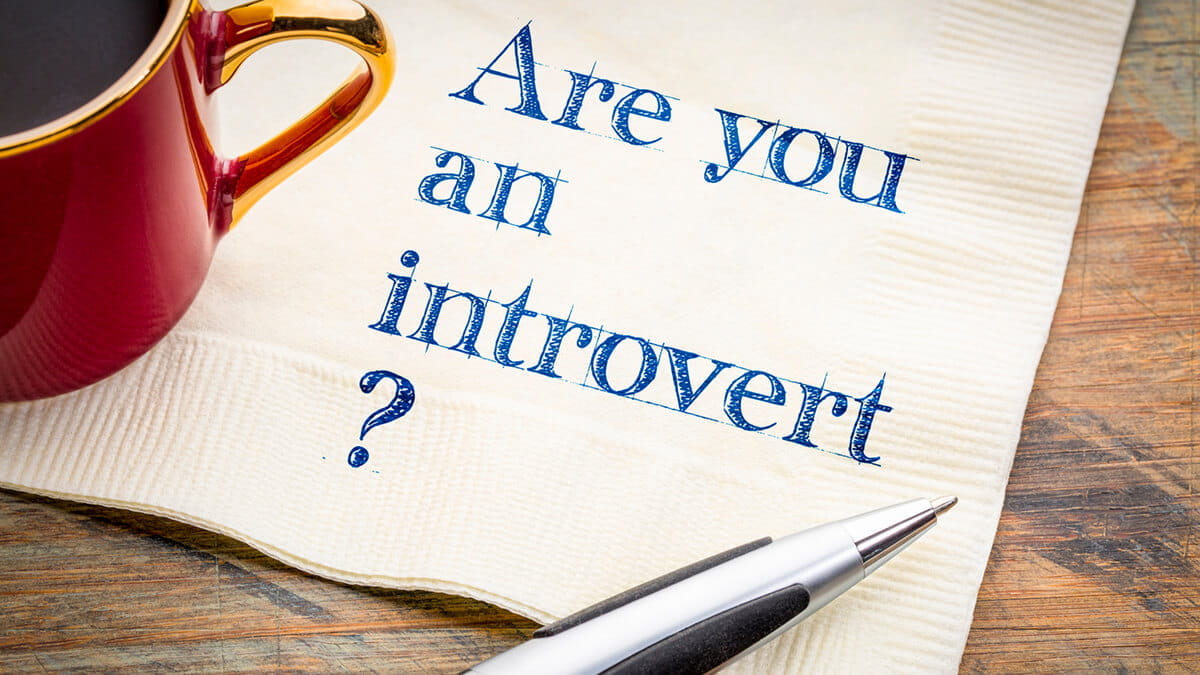While we often encounter exuberantly outgoing individuals who thrive in social settings, many of us identify more closely with introverts or fall somewhere in between on the introversion-extroversion spectrum. According to Joanne Broder, a practicing psychologist and co-founding editor of the peer-reviewed journal “Psychology Popular Media,” the Myers Briggs Typology Inventory indicates that approximately 56.8% of the global population are introverts.

Who are Introverts?
Introversion is characterized by a preference for solitude or small group interactions rather than large crowds. “Introverts prefer being alone or among few people rather than larger crowds,” Broder explains. They often engage in solitary or small-group activities such as walking, hiking, reading, photography, DIY projects, video games, writing, gardening, drawing, or listening to music.
Clint Okamoto, a certified social worker at Solace Emotional Health in Pleasant Grove, Utah, likens an introvert’s social interactions to a battery that needs recharging through alone time. Amanda Darnley, a psychologist based in Philadelphia, emphasizes that introversion is distinct from shyness or social anxiety, which involves fear of social judgment. Introverts draw energy from solitary activities rather than group settings, allowing them to recharge and engage meaningfully with others. Broder adds that introverts are often comfortable in their skin and selective about their social circles, forming genuine and lasting friendships rather than casual acquaintances.
Contrasting Introverts and Extroverts
Introversion and extroversion lie on opposite ends of a personality spectrum, reflecting where individuals focus their energy and how they replenish it. Introverts recharge by being alone, while extroverts gain energy from social interactions. Most people fall somewhere in the middle of this spectrum and are known as ambiverts, who can be energized by solitude and social interactions depending on the context and comfort level. Tim Carter, an educator and president of Discovery Tree Academy, asserts that neither personality type is inherently superior. Both introverts and extroverts must learn to navigate daily life using their unique gifts and talents.
Navigating the Benefits and Challenges of Introversion
Introversion has both advantages and disadvantages. Introverted children may struggle with social integration, finding it harder to be included in group activities, which can limit the development of social skills. However, introverts tend to be more observant, empathetic, and discerning, often considering the impact of their decisions on others and ensuring their actions are well thought out. Darnley notes that introverts are often better listeners than extroverts, as they process information internally and thoroughly before responding. This allows them to fully understand conversations and respond thoughtfully.
:max_bytes(150000):strip_icc()/signs-you-are-an-introvert-2795427-logo-4040f89ea6dc4cbc8111276c04696d2b.png)
Broder reassures that it’s perfectly fine to be an introvert. Introverts are authentic and independent, avoiding the pressure to conform to social norms. However, for introverts looking to become more social, she suggests gradually becoming comfortable in crowded settings and planning “safe escape routes” if the situation becomes overwhelming. Therapy can also be beneficial for those struggling with self-esteem, social anxiety, or other issues hindering social interaction.
